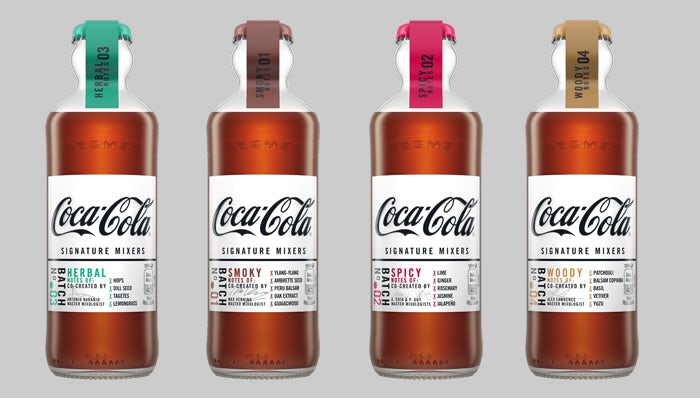Some businesses want to offer BYOB without selling food, alcohol
By BRITTANY KEEPERMAN
McHenry City Council will meet Monday to consider the creation of a “bring your own alcohol” license.
The city doesn’t have an ordinance in place that regulates customers who want to bring their own alcohol into a business that doesn’t serve food or alcohol on site.
“In recent years, the city, much like our surrounding communities, has seen a growth in businesses who wish to allow their customers the ability to bring their own alcohol on premise and consume alcohol in conjunction with a service they have purchased at the business,” McHenry Police Chief John Birk said in a memo to the council. “The regulation and oversight of businesses involved in either the sale, service or consumption of alcohol is directly linked to the safety of a community and those citizens who live, work and visit within it.”
Some places in McHenry, such as Studio Art School and a new boating business, are interested in allowing customers to drink, according to city documents. The new liquor license would allow the city and police to have some oversight in “bring your own alcohol” situations, according to city documents.
The new ordinance will make it illegal for businesses to let customers bring alcohol on site without a license. The licensing fee will be $250, and no more than two active permits will be allowed at a time, according to the ordinance.
Customers won’t be allowed to bring in their own drinks after midnight or before 6 a.m.
City Council also will consider the boating business Pedal and Pour Inc., which wants a “bring your own alcohol” license for its new Fox Waterway service.Continue Reading



/cdn.vox-cdn.com/uploads/chorus_image/image/63784600/shutterstock_391005625.0.jpg)




